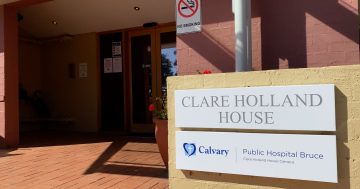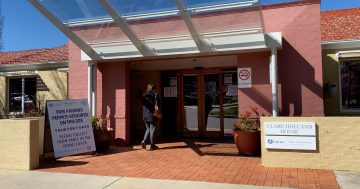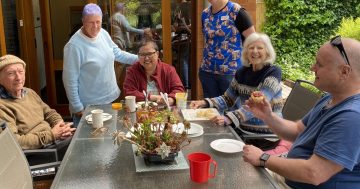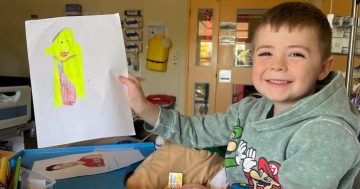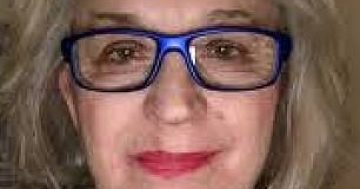We lost someone very, very dear to us on Tuesday. I have to confess that I was pretty underwhelmed by the quality of the palliative care received. My understanding was that palliative care is supposed to be medical care or treatment that concentrates on reducing the severity of disease symptoms rather than striving to halt, delay, or reverse progression of the disease itself or provide a cure. It’s supposed to bring comfort. From what I could see, palliative care seemed to largely be comprised of the medical staff directing the withdrawal of all forms of treatment except pain medication … i.e. “so sorry sorry sir, you’re going to die.” The psychological impact of that aside, you’d think that it was possible to at least deliver on the comfort side …
There were a lot of different arms of the palliative caregiving groups providing assurances of assistance and the promises were pretty amazing, but at the end, all I could see were connected/related agencies that didn’t communicate to one another as much as they should have, people promising to phone who never did, things falling between the cracks and the poor patient still trapped in a state of somewhat extremely undignified misery.
Oncology medical staff were pretty amazing across the board – I don’t have enough good things to say about the team at Zita Mary and radiology oncology over at Canberra Hospital but by the time we reached the end of the line in terms of treatment and the ‘pal team’ were supposed to take over – it was pretty horrific and traumatic all-round. It’s kind of sad that the brutality and agony of chemotherapy and radiotherapy paled into insignificance beside the rather poor administration and miscommunication that existed when there’s nowhere left to go except down …
I wasn’t unhappy with the team at Clare Holland – they were kind and compassionate – I think I’m still reeling with shock about how traumatic and uncomfortable the palliative care process was. Watching someone fight something as horrible as cancer is bad enough but watching the system exacerbate the situation is just … well I have no words ….
Does anyone have any better experiences to share so that my sorrow doesn’t turn me completely jaded and bitter about Canberra’s palliative care system?












